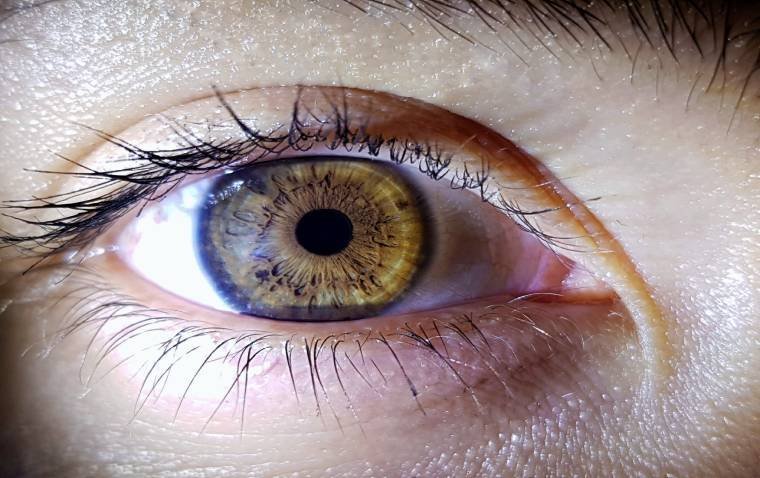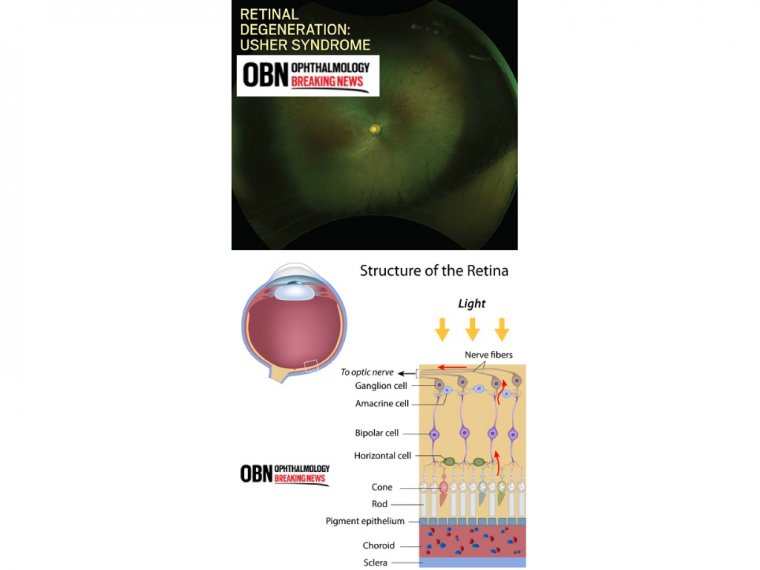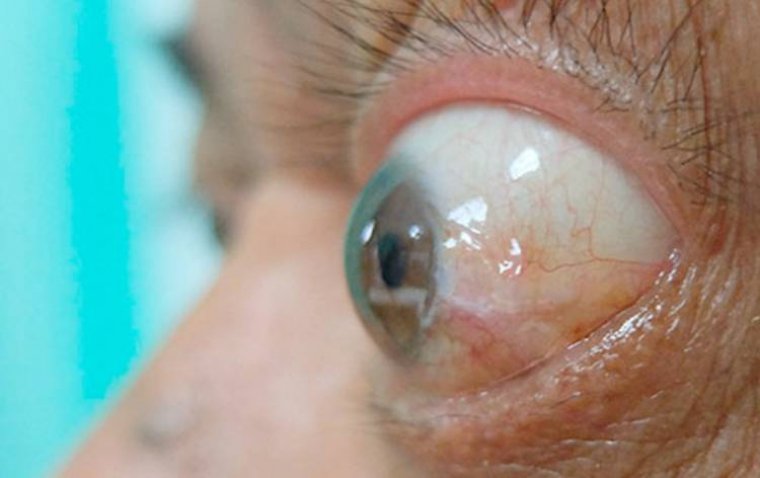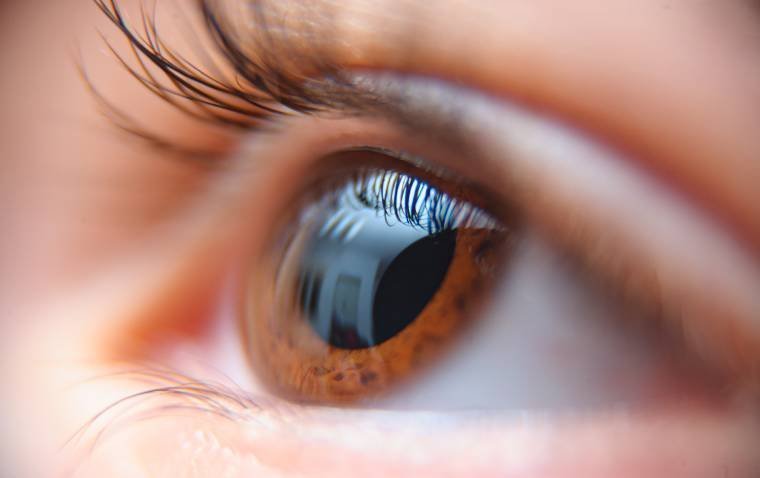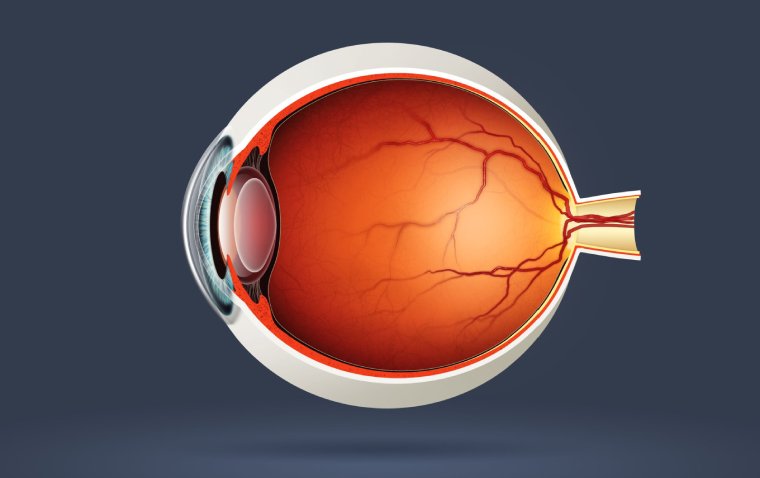
Virtual Screening Identifies Potential Treatments for Retinitis Pigmentosa
A recent study has identified two promising compounds that may help treat retinitis pigmentosa (RP), a group of inherited eye diseases that lead to progressive blindness. The study, published in PLOS Biology, was led by Beata Jastrzebska from Case Western Reserve University, US, and her team.
Using virtual screening, the researchers discovered two non-retinoid drug-like molecules that could potentially stabilize rhodopsin, the retina protein that is often misfolded due to genetic mutations, leading to retinal cell death.
The Need for New Treatments in Retinitis Pigmentosa
An estimated 100,000 people in the United States are affected by retinitis pigmentosa, yet effective treatments remain limited. Current experimental therapies primarily involve retinoid compounds (synthetic vitamin A derivatives), which come with significant drawbacks such as light sensitivity and toxicity risks.
Virtual Screening Identifies Novel Drug Candidates
To overcome these challenges, researchers used virtual screening to analyze potential drug-like molecules that could:
• Bind to rhodopsin and stabilize its structure.
• Improve rhodopsin folding and transport within the cell.
• Cross the blood-brain and blood-retina barriers, making them viable treatment options.
Following this approach, two non-retinoid compounds were identified that met these essential criteria.
Laboratory and Animal Testing Show Promising Results
The team tested these compounds in laboratory conditions and observed:
• Improved rhodopsin cell surface expression in 36 out of 123 genetic subtypes of RP, including the most common form.
• Protection against retinal degeneration in mouse models of RP.
• Enhanced overall retinal health and function, with prolonged photoreceptor survival in treated mice.
According to the authors:
"Importantly, treatment with either compound improved overall retina health and function in these mice by prolonging the survival of their photoreceptors."
Future Steps: Towards Clinical Testing
While these findings are promising, the researchers emphasize that further studies are needed before advancing to human trials. Additional research on these compounds or related molecules will be necessary to confirm their therapeutic potential in patients with RP.
The study’s authors conclude:
"Inherited mutations in the rhodopsin gene cause retinitis pigmentosa (RP), a progressive and currently untreatable blinding disease. This study identifies small molecule pharmacochaperones that suppress the pathogenic effects of various rhodopsin mutants in vitro and slow photoreceptor cell death in a mouse model of RP, offering a potential new therapeutic approach to prevent vision loss."
Conclusion
This study represents a significant step forward in the search for non-toxic, effective treatments for retinitis pigmentosa. By leveraging virtual screening and pharmacochaperone therapy, researchers are opening new avenues for preserving vision and slowing disease progression in individuals affected by RP.
Reference:
https://journals.plos.org/plosbiology/article?id=10.1371/journal.pbio.3002932
(1).jpg)
